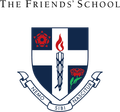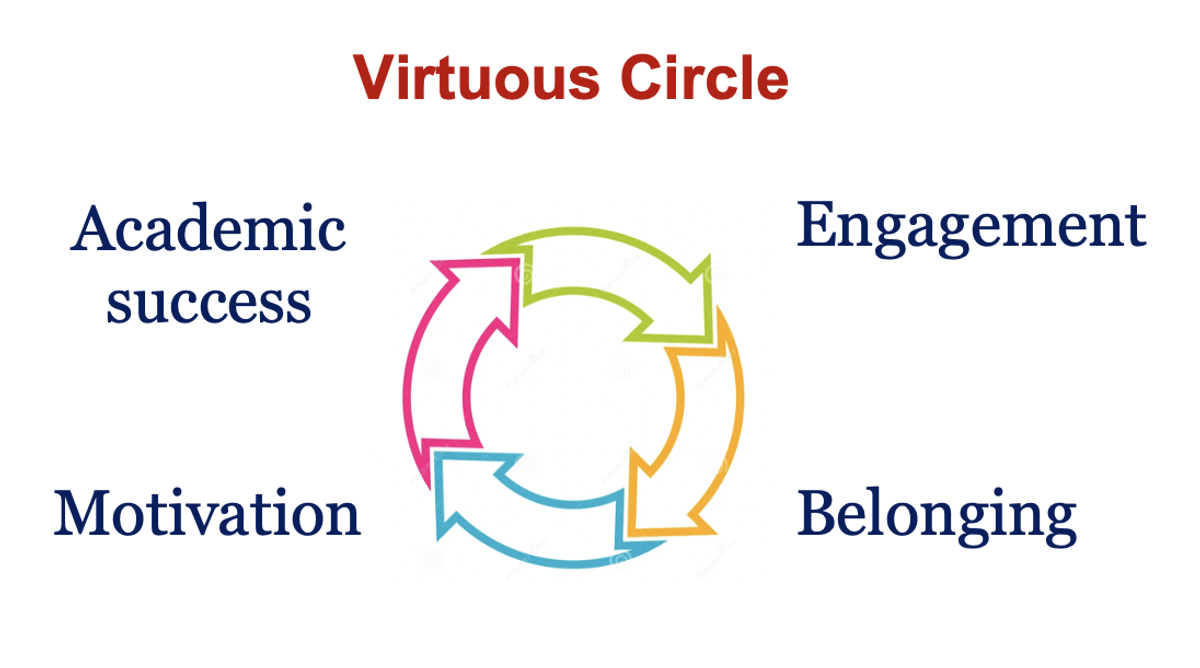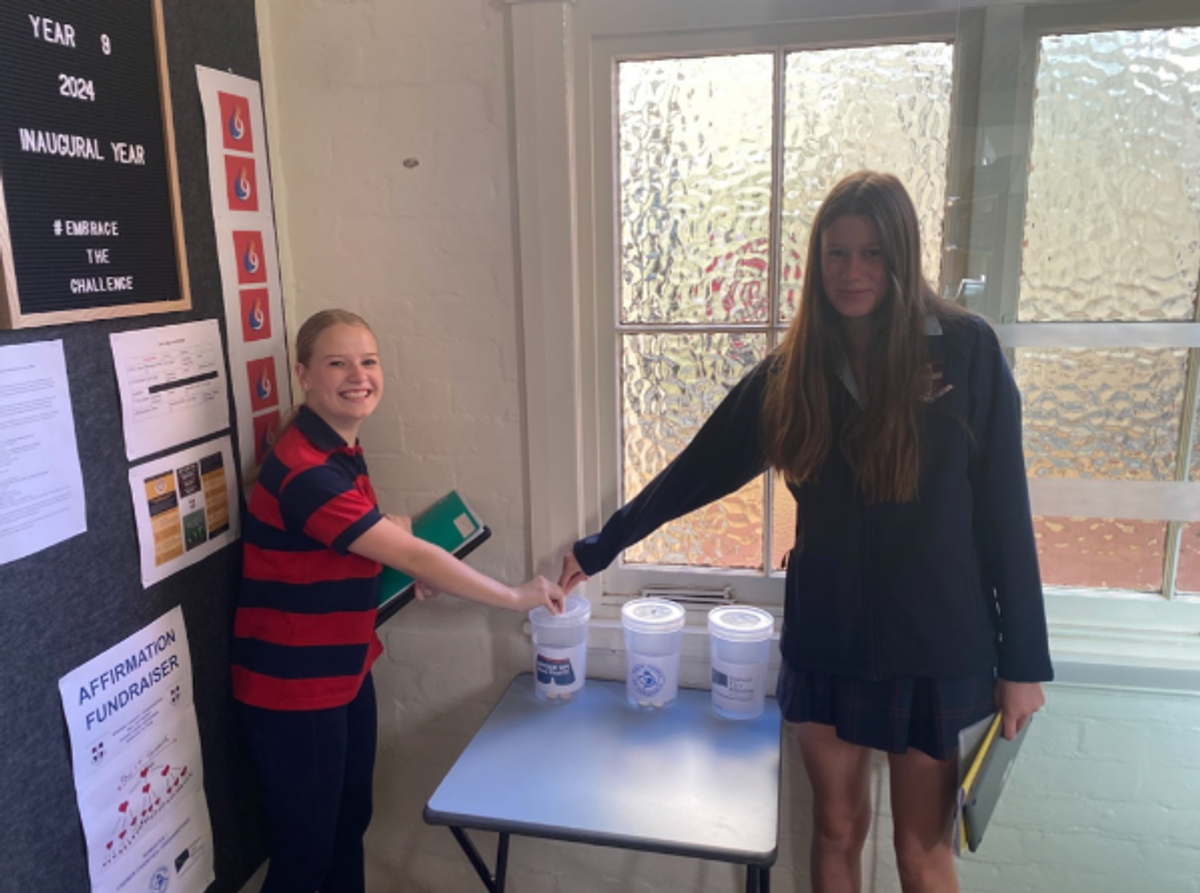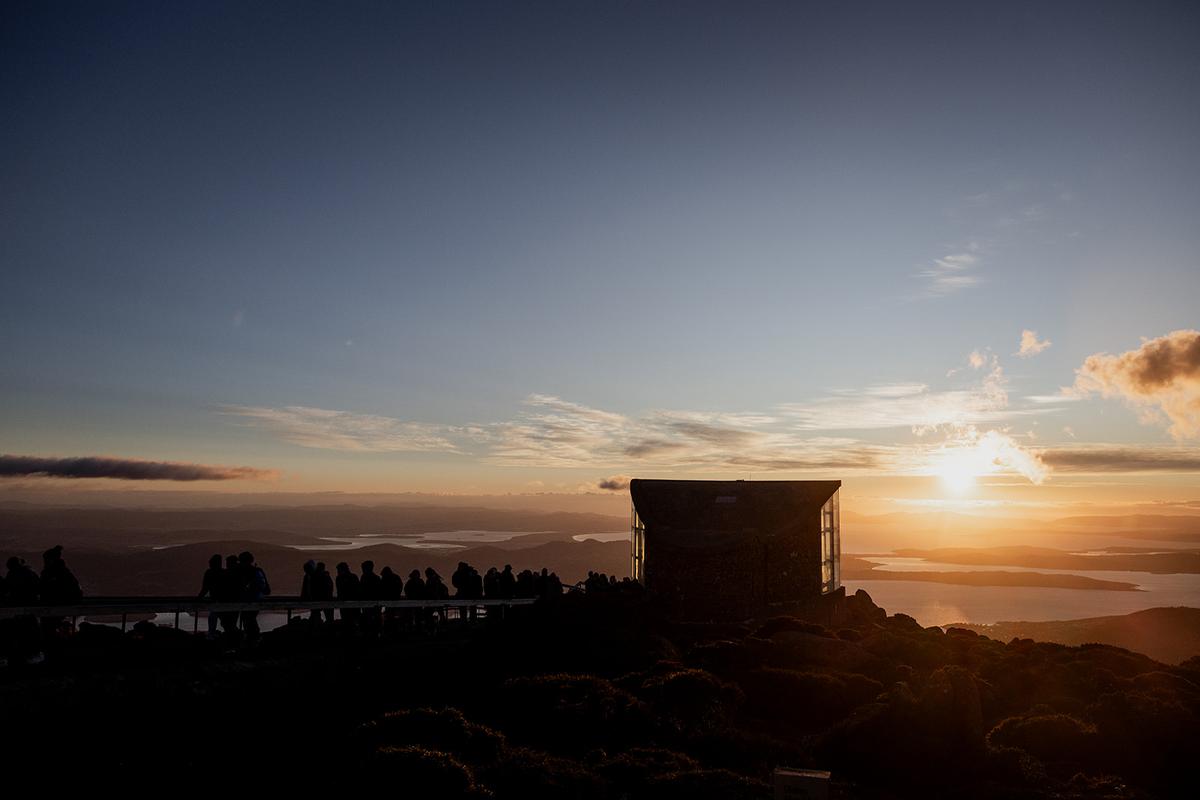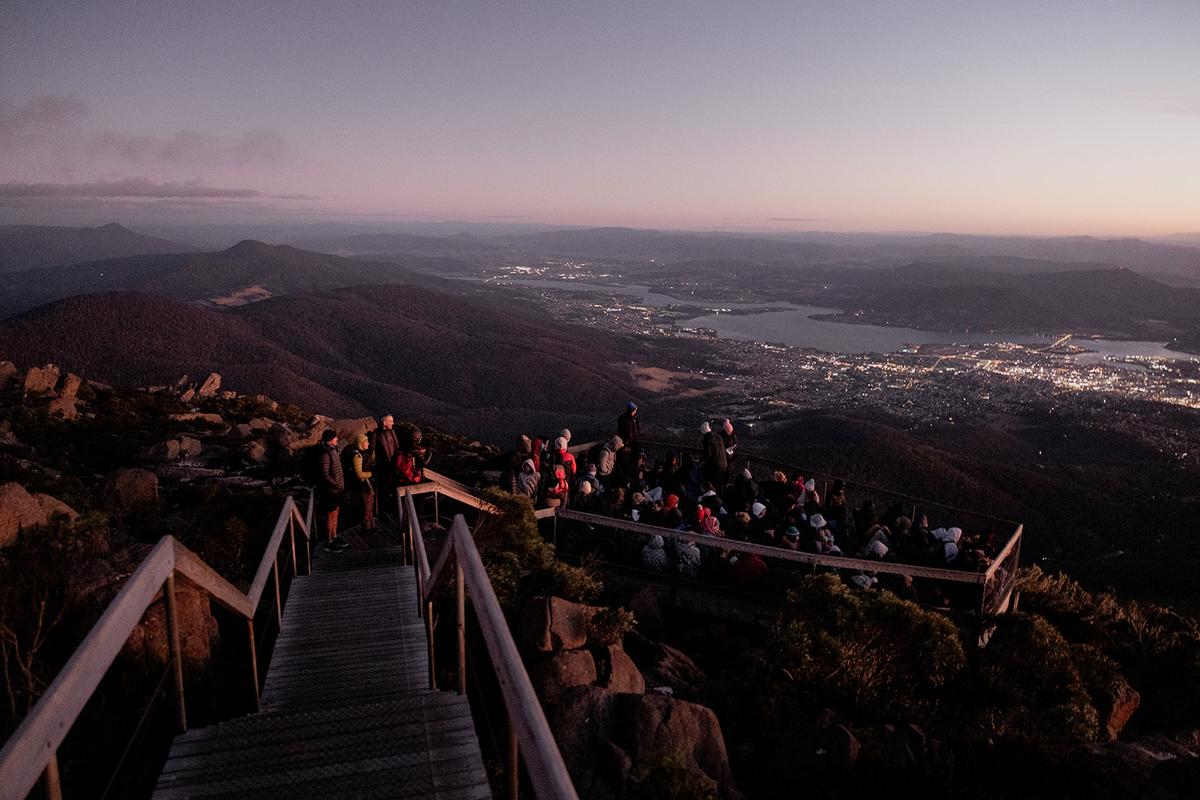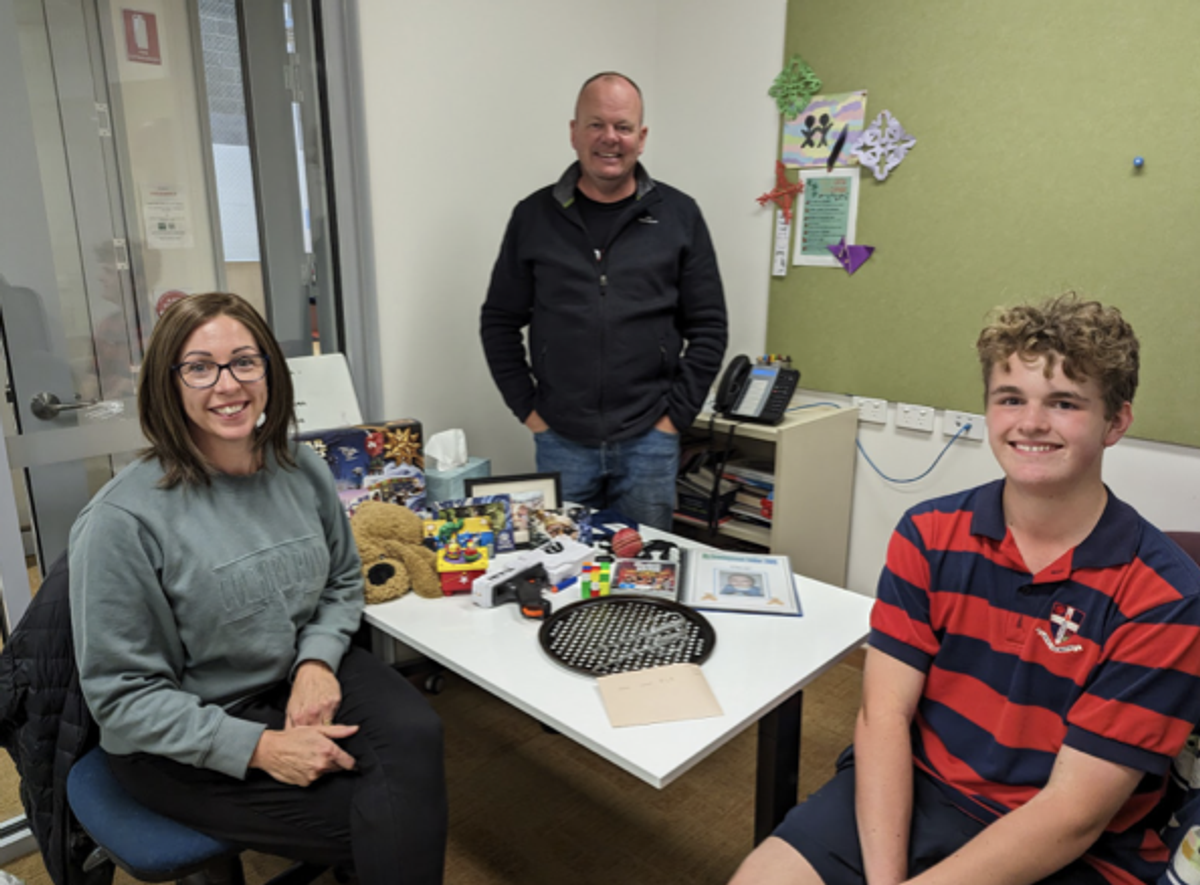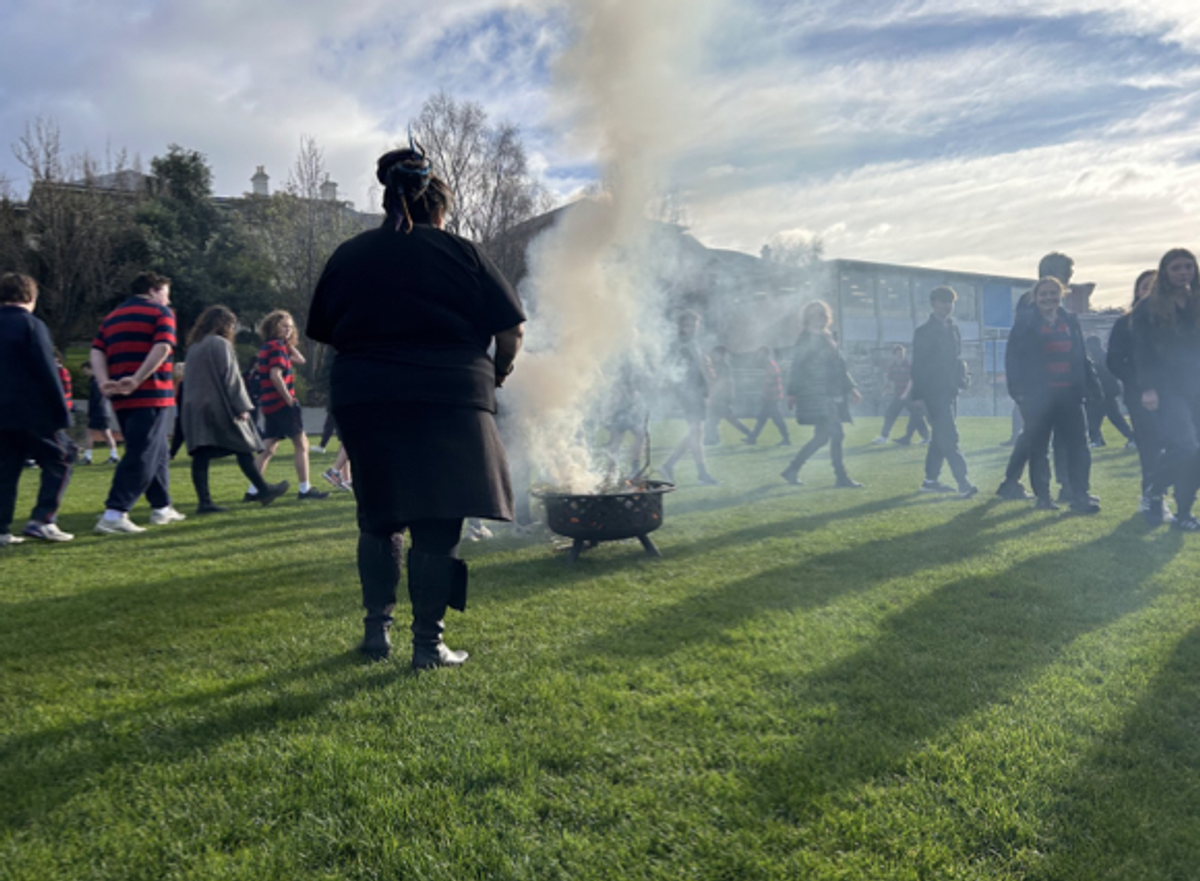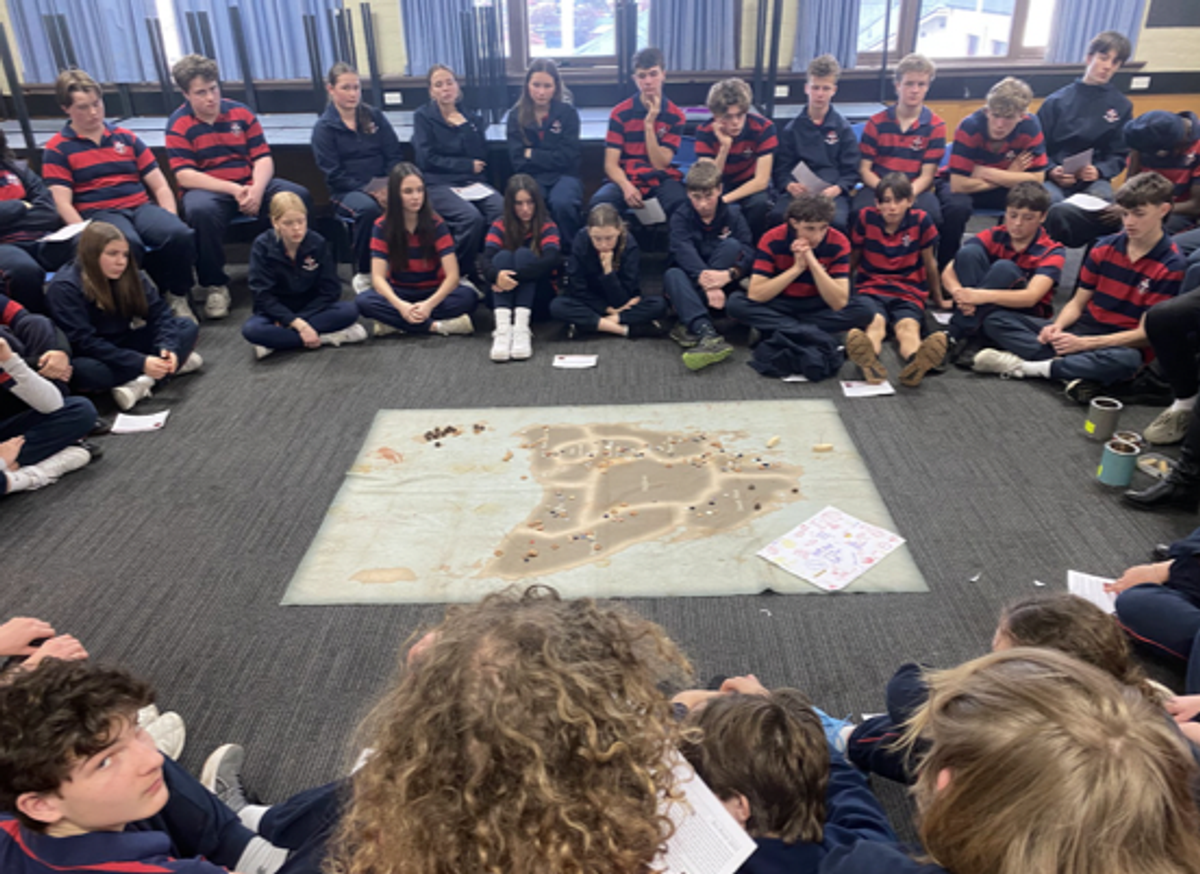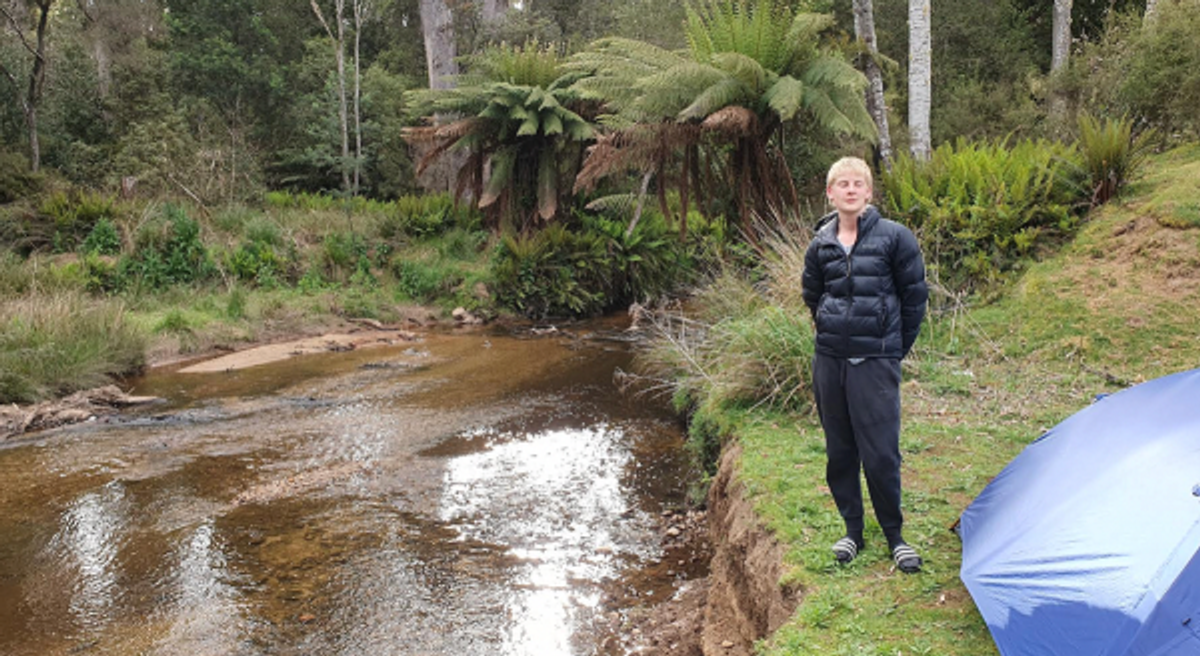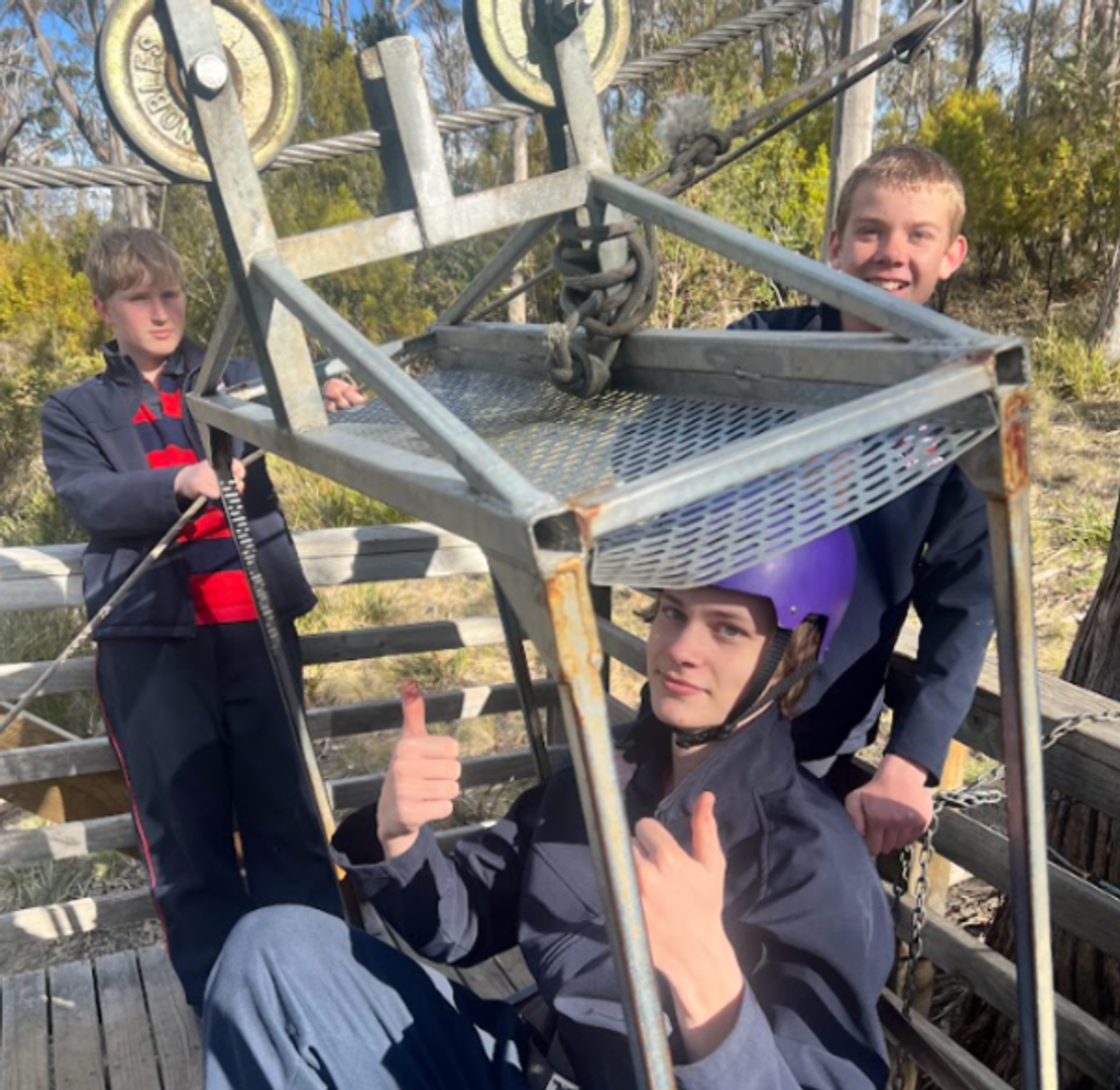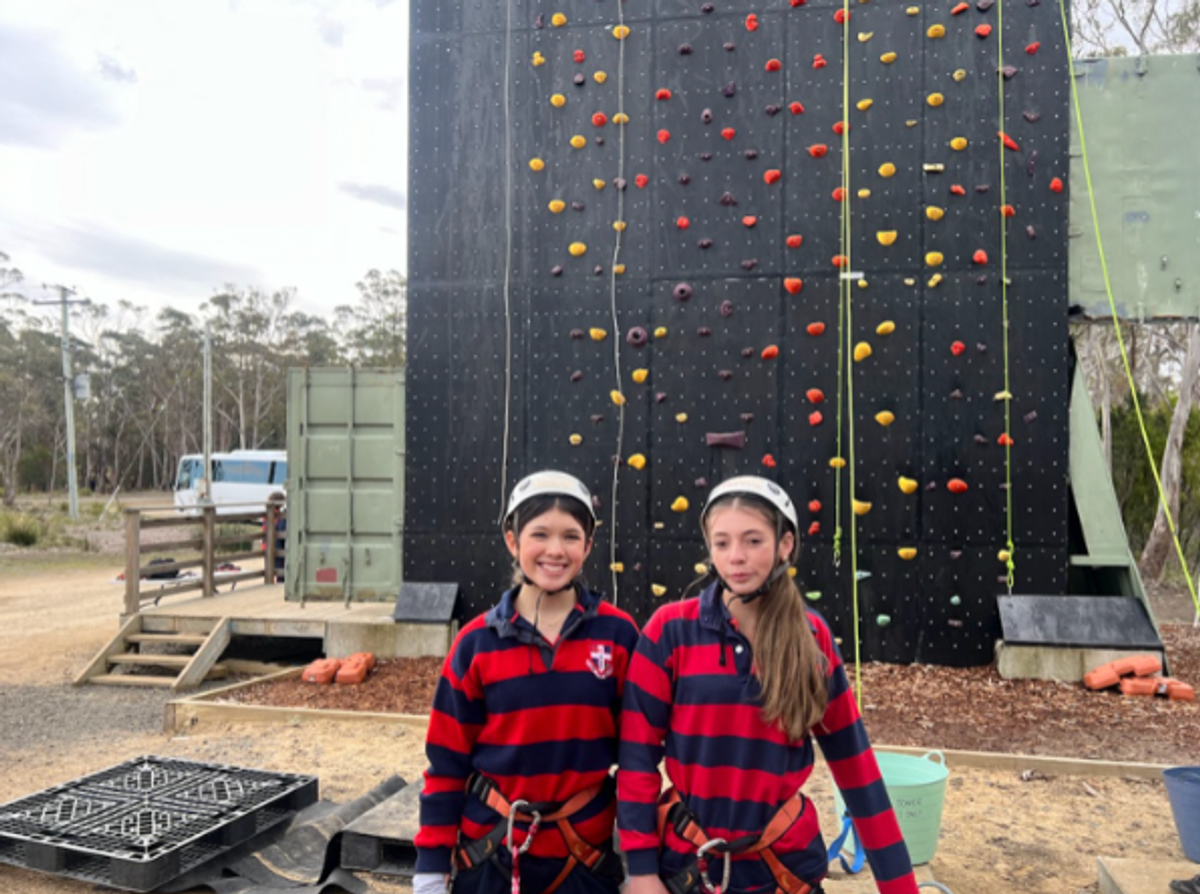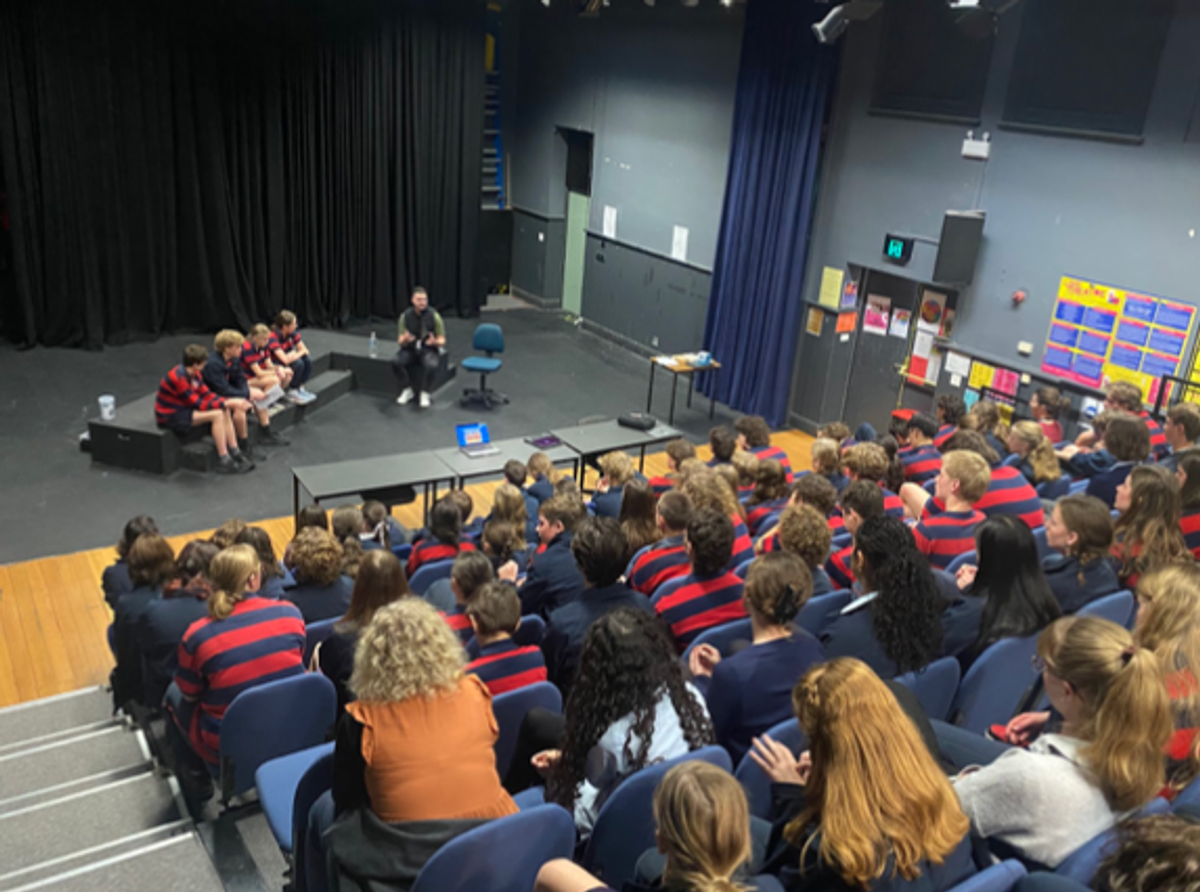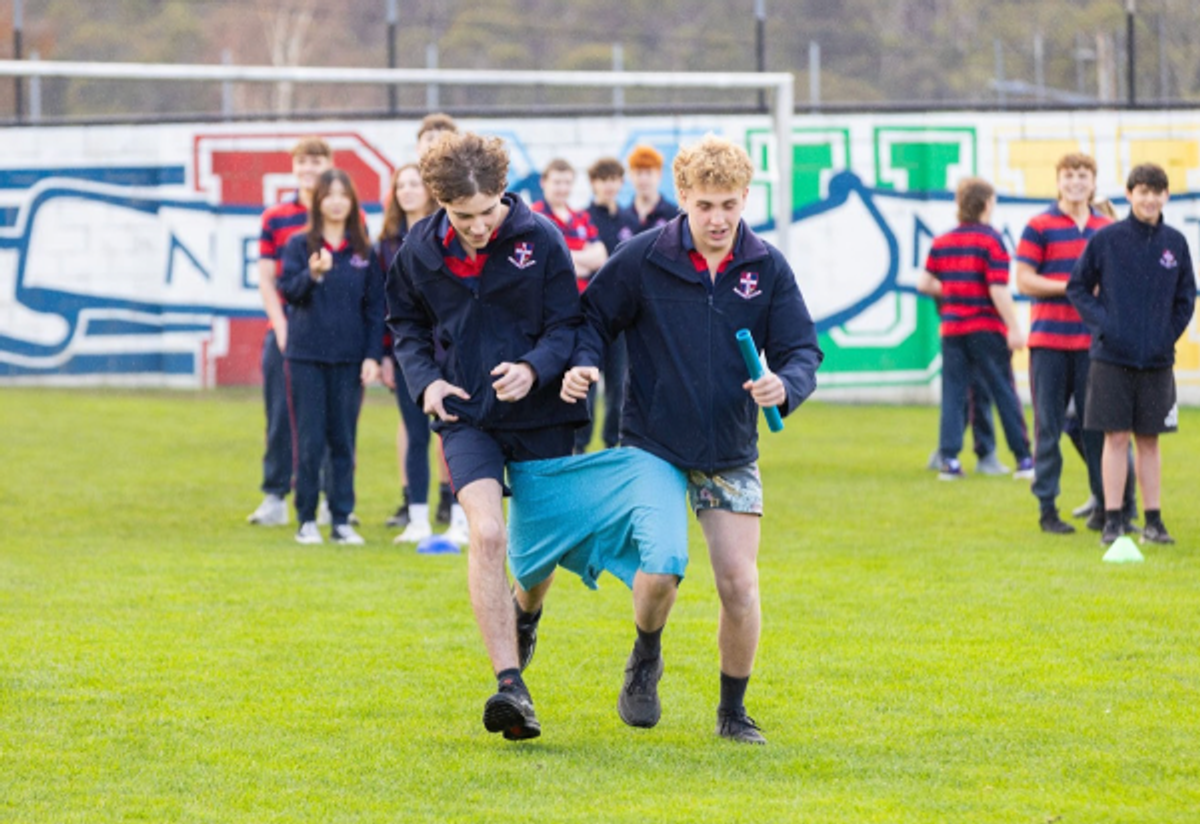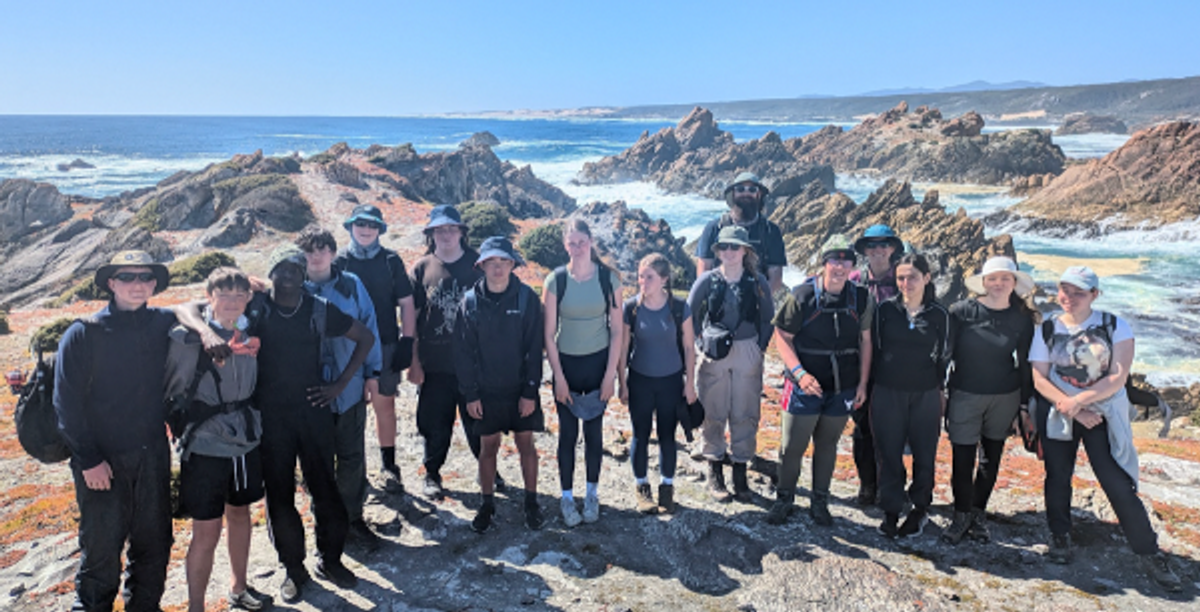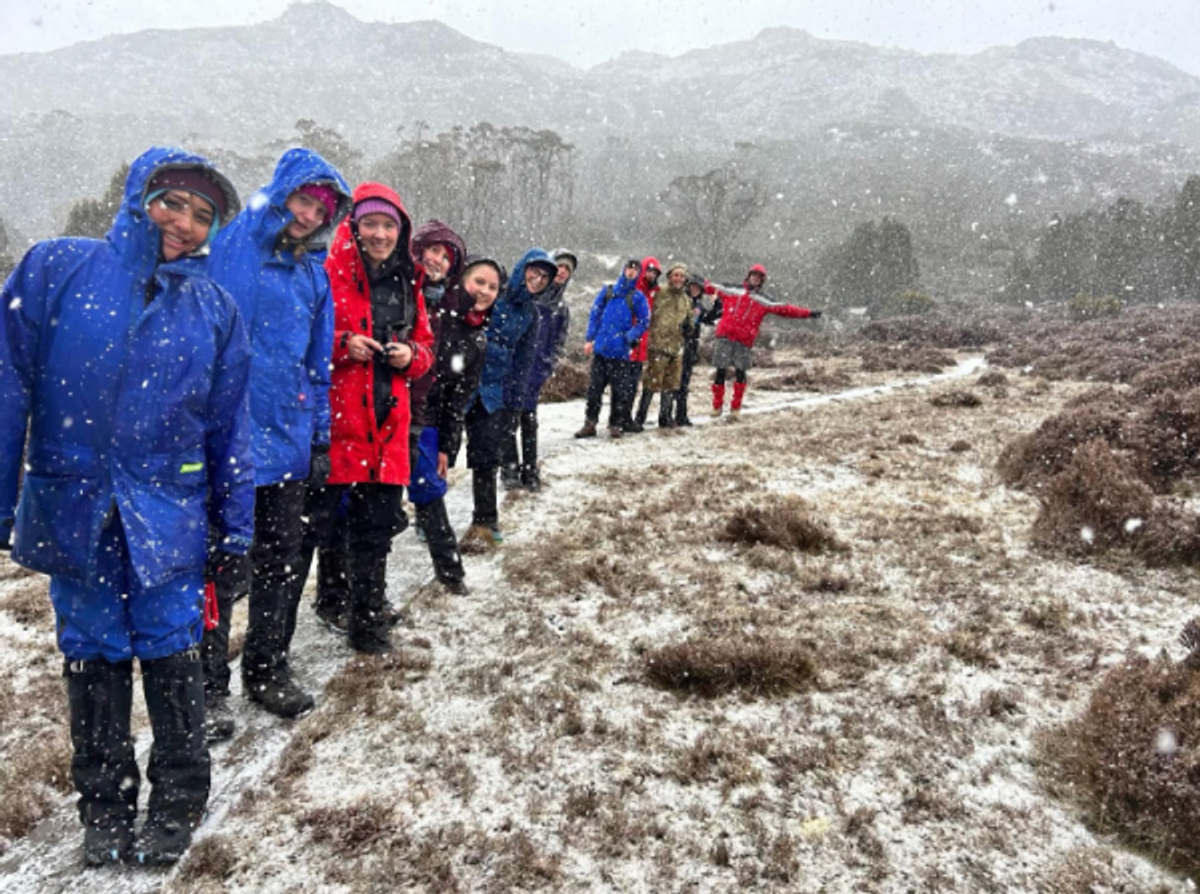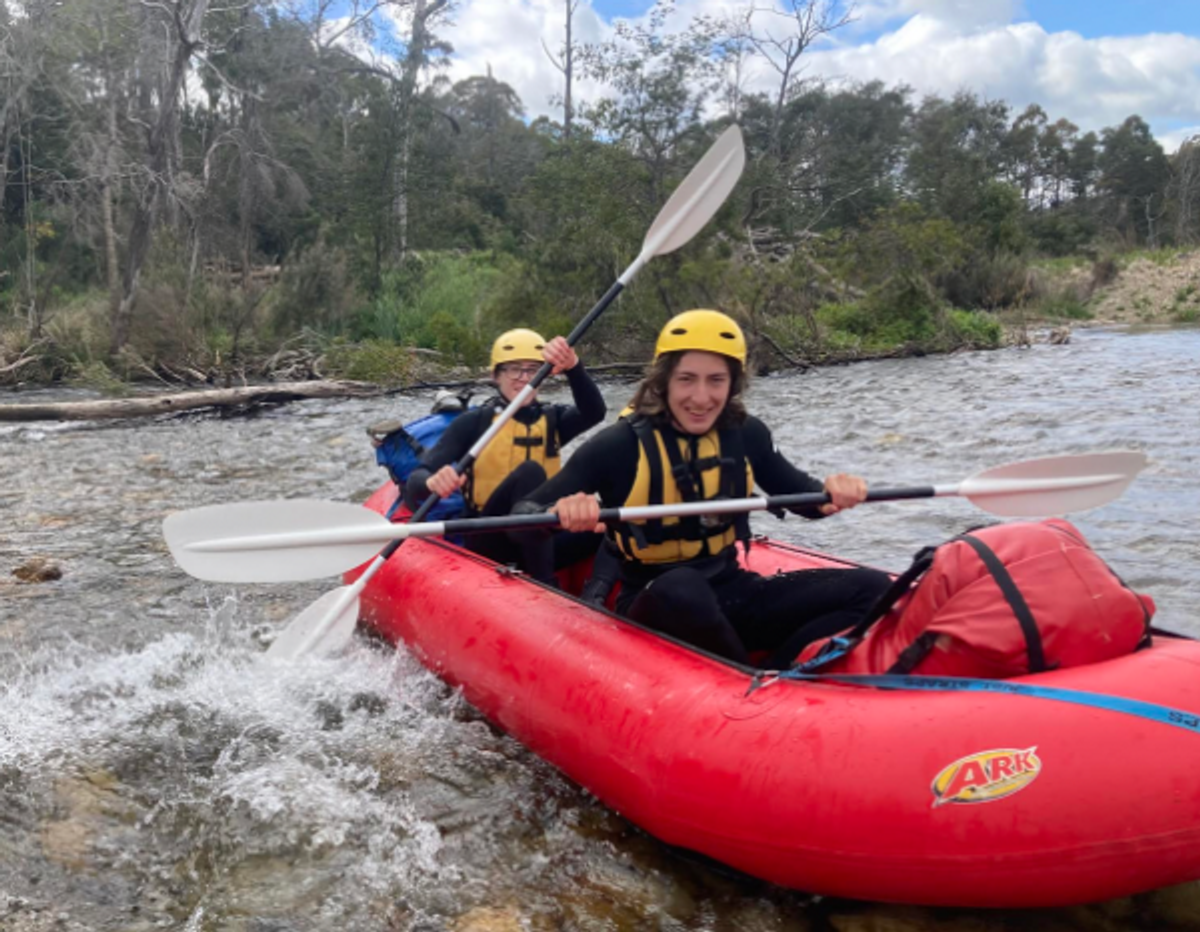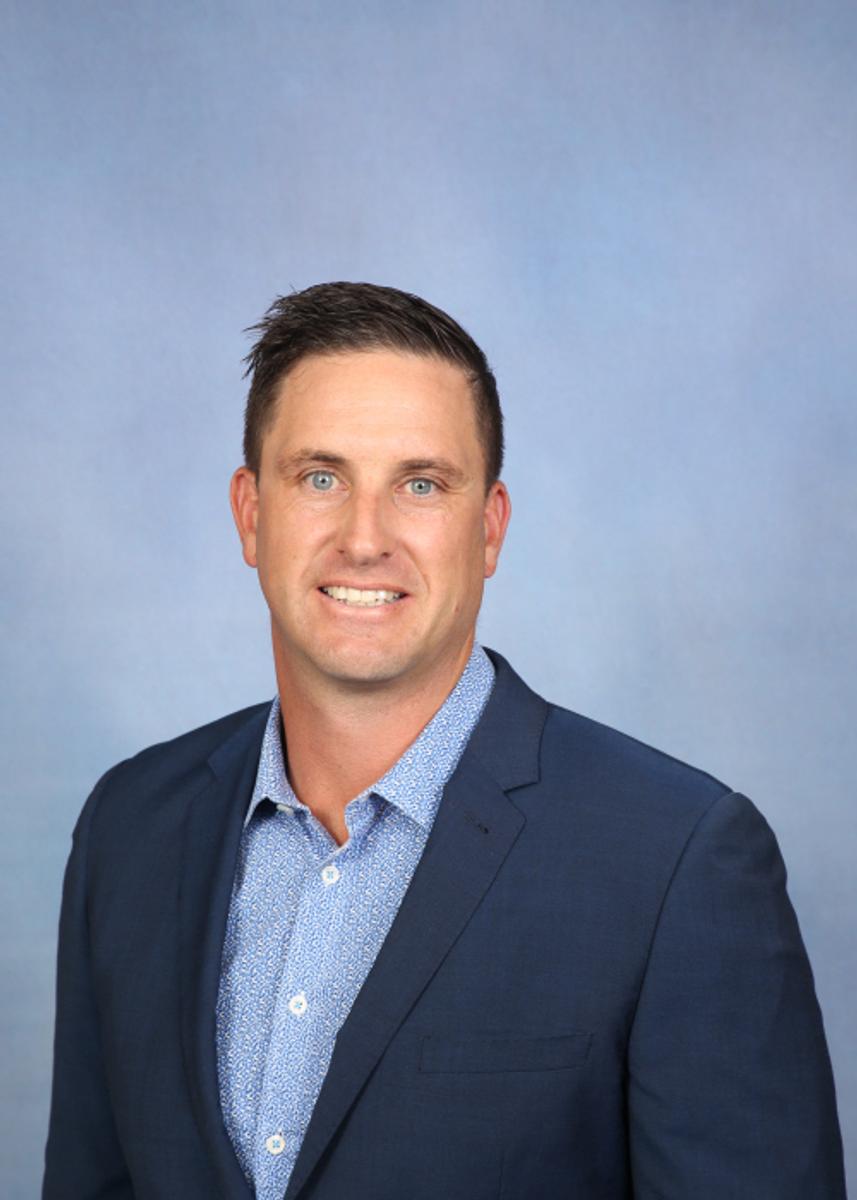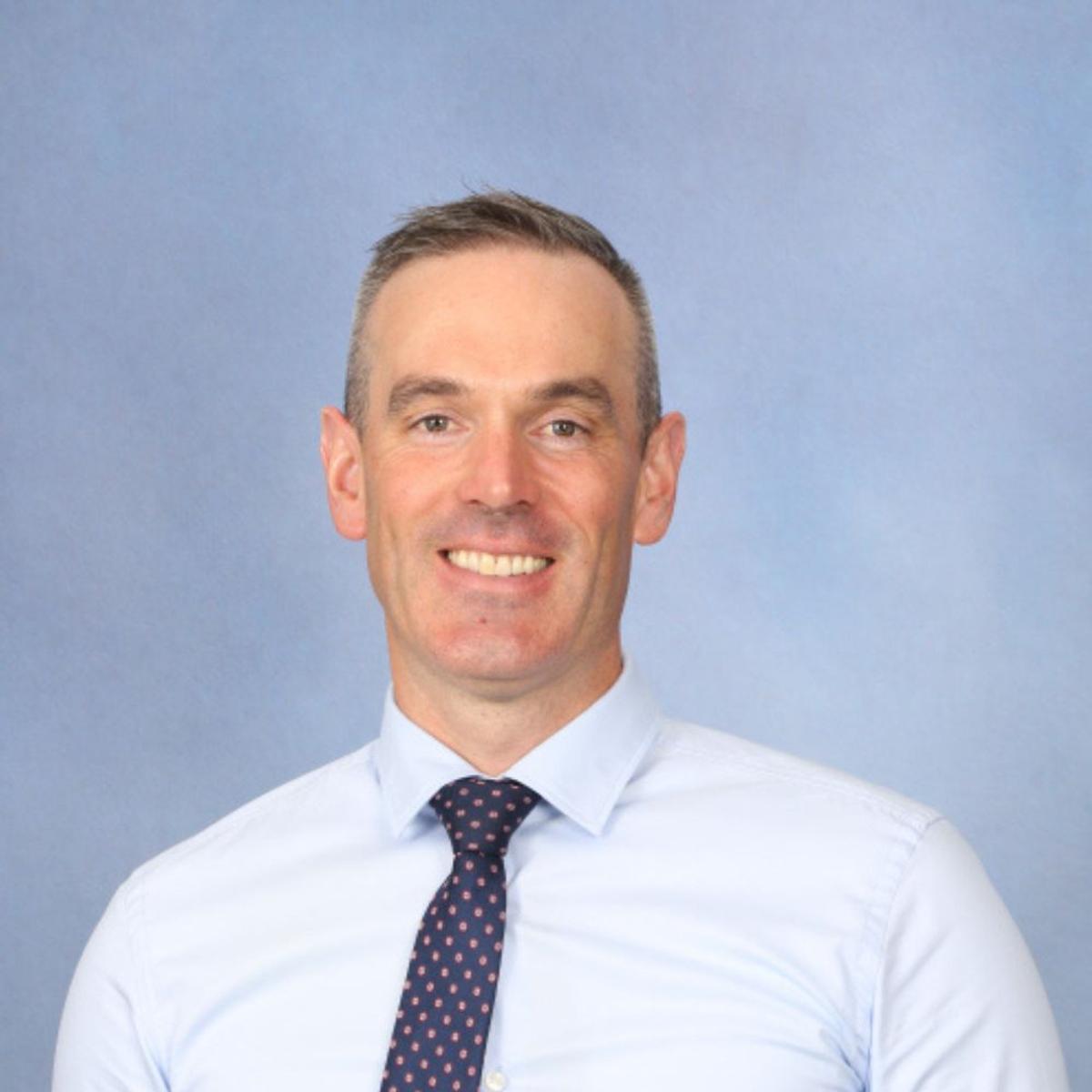Senior School Update
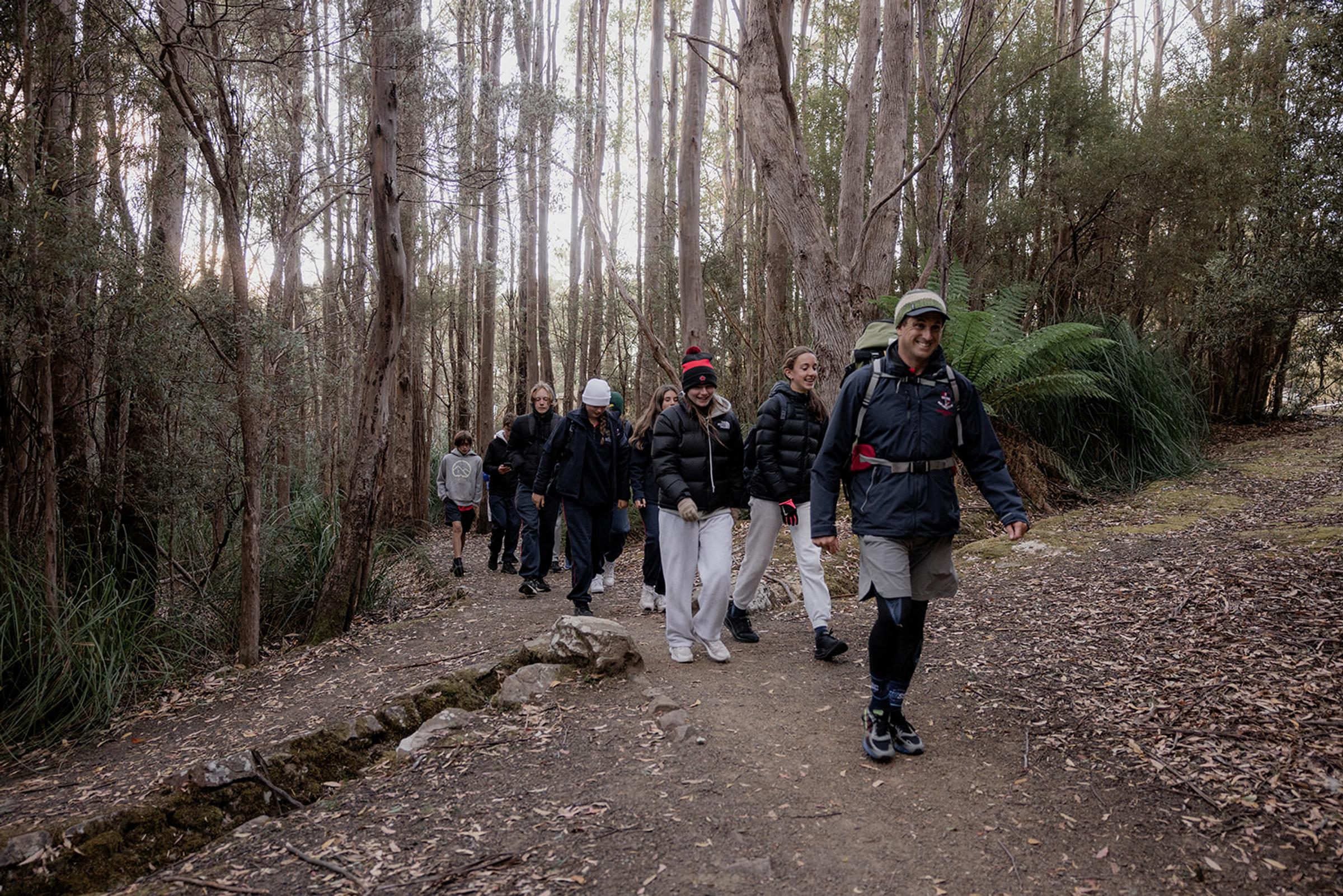
Year 9 Program
Research shows that Year 9 is a pivotal year in a student’s education. The Senior School has put in place a revamped program for Year 9 this year as part of the L@F24+ Program initiatives to cater for the profound physical, social, emotional and intellectual changes associated with adolescence. In keeping with the sentiment of our Purpose and Concerns that learning neither begins nor ends in the classroom, the Year 9 program’s aim is to foster a spirit of discovery through life-long learning and deep reflection. All members of The Friends' School community share an obligation to answer what is best in themselves and in others – developing talents to the fullest and respecting the strengths, efforts and perspectives of everyone. At a practical level, we strive for each of us to contribute our best on a daily basis. We are all on a journey of seeking knowledge and understanding through continuing revelation which furthers our personal understanding of spiritual truth and the world around us. Experience tells us that our Year 9 cohort begins the Senior School experience with a great diversity in abilities, interests and achievements. This is a crucial time in a child’s education for students to engage in their learning and we know they are more likely to be motivated by a curriculum that relates to meaningful life events, experiences and questions that are of interest to them. Students who are better engaged in Year 9 tend to have better completion rates by Year 12 when aspirations are well formed, nurtured and encouraged. Under the leadership of Deputy Head of Senior School, Aaron Davey, the Year 9 program is underpinned by evidence-based research which includes a range of strategies for students to flourish including:
- Structures and procedures that deliver timetable flexibility and enable a strong bond to develop between and within the staff and student group
- Classroom organisation and teaching and learning practices that are responsive to the diverse learning, social and emotional needs of young adolescents
- A distinct physical environment dedicated to Year 9
- Opportunities for intense off-campus, community-based learning experiences
- A curriculum program structure that facilitates deep engagement with learning
- Learning opportunities that require students to engage with real problems that require complex solutions
- Opportunities for students to experience adult-like roles and responsibilities
- Opportunities for students to participate in special events or programs that are of substantial interest and are a challenge to them
- Opportunities for students to celebrate and be recognised for their contributions, efforts and achievements
- Opportunities for students to develop a special relationship with an adult from within or beyond their school community
A lack of meaningful Rites of Passage in western societies has caused difficulties for some young people in the transition to adulthood. If left to chance, teenagers can sometimes find negative ways to mark their arrival in adulthood not always positively shaped by a firm sense of identity and belonging. The Year 9 program has at its heart strong pastoral care, wellbeing and a deep sense of connection, optimism and engagement.
Year 9 can be a challenging year for young people. They are craving independence, sometimes they are involved in risk taking behaviours. We want to set them up to think about the young person they are and the adult they want to be and give them the opportunity to experience risk and challenge but in a safe environment.
Programme for International Student Assessment
Sense of belonging at school
PISA Australia in Focus: Sense of belonging at school
In the Senior School we have high expectations of behaviour for our students and supporting positive behaviour and choices is a consistent focus. Students receive ‘affirmation’ logs from teachers when specific things have been noticed. When students receive an affirmation they will also receive a small token which is used to support one of three nominated charities of choice. At the conclusion of the semester, the students run a fundraiser in which the money will be donated to the organisation with the most tokens. This is one initiative which supports positive behaviour within the School, as well as ‘paying it forward’ helping the students support a cause about which they are passionate.
The first Year 9 program event this year was ‘The Calling'. This involved an overnight experience focussed on promoting community and allowing students the opportunity to get to know each other better. After spending the night on campus, students connected with nature with a 5am walk to the summit of kunanyi / Mount Wellington to watch the sunrise. They also gained skills in food preparation, reflection and gratitude for the past as well as hope for the future.
Another key aspect of ‘The Calling’ is looking at ‘letting go’, something from childhood that may inhibit progression to adulthood. Harbouring resentment can have significant negative impacts on a child’s mental and physical wellbeing. ‘Letting go’ doesn't mean forgetting the past or diminishing its importance but instead acknowledging, understanding and choosing not to let it define the present and future.
Reflecting on childhood can offer several benefits, both personal and psychological. Showing gratitude and recognising the challenges or obstacles students may have overcome provides another element of challenge which helps connect us and bring us together. Some of the areas students considered were:
- Place: where they grew up
- Friends: how friendships were developed and have evolved over years
- Learning: where they went to school and what they cherish from that
- Life changing event: something they have done or experienced that they will remember forever
Term 2 began with the second major event of the Year 9 program known as 'The Departure'. Having explored the idea of gratitude in classes, students wrote heartfelt letters to parents who were then invited to share memories and mementos from childhood in return. More than 120 families took part in the event.
Another key part of the new Year 9 program is Connection to Country, which supported students to have a greater understanding for and awareness of First Nations People specifically in Lutruwita (Tasmania). Students have engaged in a number of hands-on workshops including Bushtucker, learning how to weave, dance and make fire, listening to Indigenous stories and most importantly completed the Gumnuts to Buttons course, developing a deeper understanding of Tasmania’s history.
In keeping with the notion of contributing to something bigger than just the individual, all Year 9 students have been encouraged to undertake a minimum of 20 hours of community service as part of their program. The benefits of this include:
- empathy and teamwork
- instil a sense of responsibility
- build character
- contribute to the betterment of the community
Currently, over 50 students have completed 20 or more hours of service with some students having met the requirements for their Friends’ Certificate by completing over 100 hours.
The culminating outdoor education experience of the Year 9 program saw students take part in one of four epic adventures in the remote Tasmanian wilderness in Term 4. The camps offered students the chance to raft and walk on the wild Tarkine Coast, Mountain Bike their way through Branxholm to Derby then Scamander, walk and sea kayak the Colossal Cliffs or raft and walk the Mersey and surrounding mountains. For many students across all ten camps, it seems like 'The Abyss' solo was a genuine highlight. Students embarked on a solo vigil where they left the group setting to be fully on their own in the wilderness for an 18 hour period. Guided by nature and personal quiet, students contemplated the transition to young adulthood with no communication or technology.
Year 9 student Sam Burgess shared the following reflection of his Abyss experience:
"When I first started the Abyss, I pondered: Do I embrace it or ignore it? After choosing to embrace the opportunity given to me, I found that the experience was like no other. Wading in the river, looking at the stars, sitting on a log and eating dinner and breakfast with the birds chirping, were all the little things I did during the 18 hours but all those little things made me reflect a lot on myself and how I should continue with my life. When the car horn sounded to signal the end, I didn't just leave my campsite (Burgess Town), I left something greater than that. I left a part of myself that I have never seen before and I take this knowledge and this experience to carry me on through life's many ups and downs".
In the final week of Year 9, students and families come together to celebrate the first year in Senior School and highlight some of the events and activities undertaken over the year. Students complete an individual overview where it is acknowledged that Year 9 is only a small part of the journey towards adulthood.
“We hope that the Year 9 students get out of this program a chance to reflect, to grow personally and to let go of some of their childhood as they journey into growing up and into adulthood", Kim Carrodus - Mather House Leader
Aaron Davey - Deputy Head of Senior School
Adam Chambers - Head of Senior School (Years 9 to 12)
